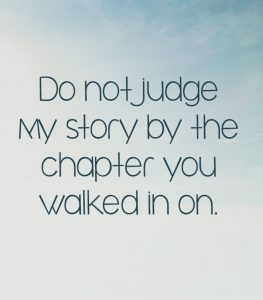
The Art and Harm of Subtweeting
September 20, 2018 in Social Media Guide

The art of subtweeting isn’t a particularly difficult one. It involves posting something on social media (usually Twitter) that’s most likely negative, most likely about someone you know, but always indirect. No names are mentioned, no handles are included, and the post is passive-aggressive, rarely specific, but hints that someone has offended the original poster. Think things like “I hope you remember what you did,” “Lol. Pathetic,” or maybe even “God, can you stop subtweeting?” Subtweets are supposed to vague, and once it’s out there, a mystery begins, where everyone who sees it begins to scramble and find out who the person is talking about.
Although subtweeting has become a common way of communicating on social media, this doesn’t mean that it doesn’t have its negative effects. Because of the mystery that surrounds it, it can cause anyone who’s looking at the post to worry that it’s them for even the briefest of seconds, even if they don’t have any direct relationship with the original poster. And then there are the people who actually know the original poster with an actual reason to be concerned that the post is about them. Subtweeting can cause guilt, increase anxiety, and make the audience feel that they’ve done something wrong, even if they don’t know the person in the first place. Though it isn’t direct, subtweeting can be classified as a form of cyberbullying, and can snowball into larger fights. People who think the post is about them can jump in, the original poster can eventually start getting specific, and the feed can become toxic.
However, people don’t think highly of those who subtweet, despite its frequency. A study has revealed that those who were shown a series of different kinds of tweets had a bad impression of the ones that were classified as subtweets. According to the study, this mostly stems from the fact that the content itself is hateful and that the vagueness is considered to be rude.
While it can feel cathartic at first, expressing on social media that someone has upset you without calling them out, the implications of it, both on you, the person, and your followers, can be negative. Overall, it’s best to avoid the drama on social media, and if someone has upset you, it may be better to speak to them personally.
What do you think of subtweets? Do you see them frequently on your feeds? Have you ever subtweeted?














Recent Comments